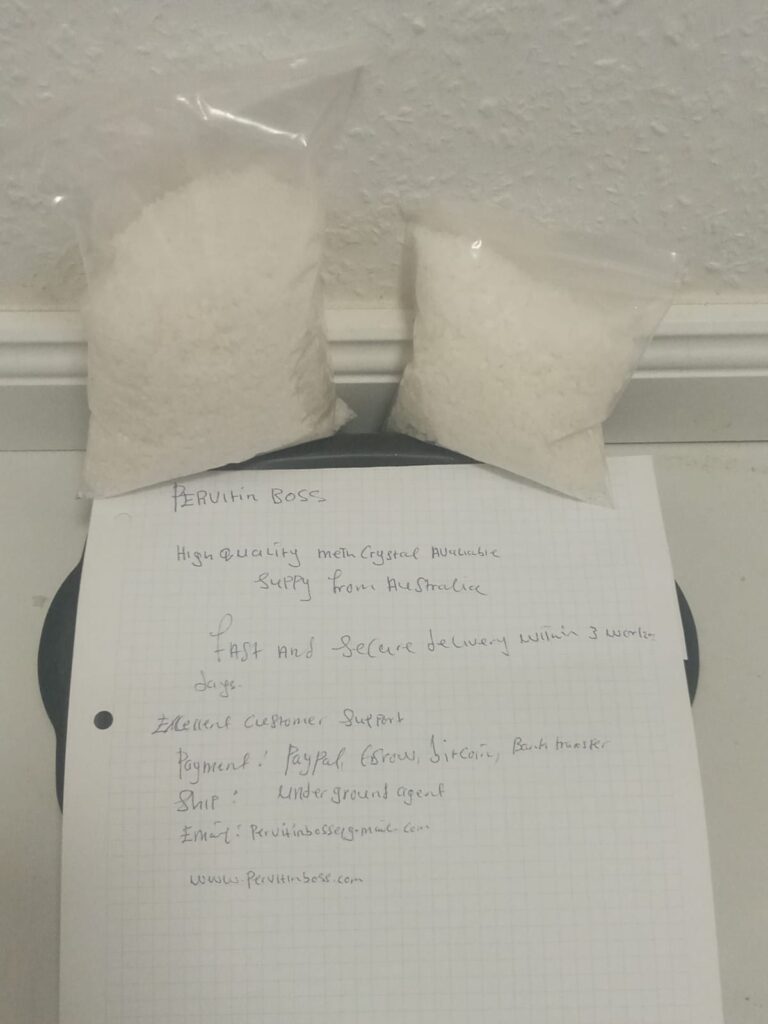meth mouth

Buy Desoxyn (Methamphetamine Hydrochloride) Online
Methamphetamine use
meth mouth
Meth mouth is a colloquial term used to describe severe tooth decay and tooth loss, as well as tooth fracture, acid erosion, and other oral problems that are often symptomatic of extended use of the drug methamphetamine. The condition is thought to be caused by a combination of side effects of the drug (clenching and grinding of teeth, dry mouth) and lifestyle factors (infrequent oral hygiene, frequent consumption of sugary drinks, as well as neglecting regular dental cleanings and preventive care), which may be present in long-term users. However, the legitimacy of meth mouth as a unique condition has been questioned because of the similar effects of some other drugs on teeth. Images of diseased mouths are often used in anti-drug campaigns. pure methamphetamine hydrochloride, also known as crystal meth
The condition is difficult to treat and may involve fillings, fluoride to fight tooth decay, and drugs that increase saliva for dry mouth, as well as oral hygiene instructions. It can be dangerous for active methamphetamine users to undergo dental surgery because of the cardiac problems that can result from the interaction of local anesthetic with the drug.
Meth Mouth Explained: Causes & Treatment
Crystal meth has been proven to have a devastating effect on users’ dental health. Meth mouth refers to a severe tooth and gums disorder that is due to chronic methamphetamine addiction.
According to research, those who use methamphetamine are twice more likely to have untreated caries, 2 or more decayed, filled, or missing teeth than those who don’t take the drug. Besides, women are at a higher risk of tooth loss than men.
What Is Meth Mouth?
Methamphetamine abuse wreaks havoc on the dental health of the user. “Meth mouth” is a term used to describe the characteristic severe dental decay common in users.
Methamphetamine is acidic and corrosive in nature. Additionally, the toxins in the drug can damage the teeth. The constant grinding of teeth is commonly found in users of the drug. Improper diet renders the immune system of methamphetamine addicts ineffective against these conditions. A combination of dental caries, infections, swellings, pain, chipped and loose teeth, and periodontal disease resulting from dry mouth, teeth grinding, and the weak immune system gives rise to meth mouth.
What Causes Meth Mouth?
Methamphetamine affects the salivary glands by shrinking the blood vessels of the oral cavity, which gives rise to a dry mouth. Dryness due to chronic addiction is the main culprit behind this condition. When a mouth becomes excessively dry, the acid levels inside skyrocket, acting on the teeth and eating them up. This makes the users take more sweet liquids to cope with the dry mouth condition. Methamphetamine users usually disregard personal hygiene habits such as brushing teeth and flossing. The combination of sugar and bacteria in the oral cavity leads to fermentation, which forms cavities and gives rise to infections. Poor oral hygiene further deteriorates this. Consequently, abusers end up experiencing tooth loss.

